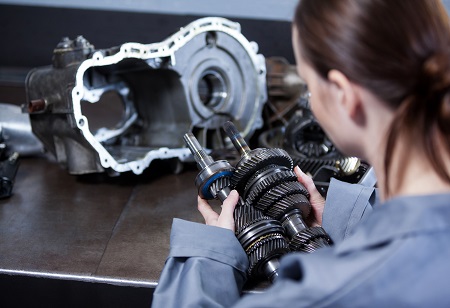
India's automobile industry faces increasing pressure with a key delegation to China, which was commissioned to help resolve rare earth magnet supply issues. Even though they secured visas, around 40 to 50 senior executives from major automotive companies have yet to leave because they are still awaiting meeting approvals from China's Ministry of Commerce.
These meetings are very important, due to the recent announcement from Beijing on 4 April that seven rare earth materials will now require export licenses to ship, including critical magnets used in electric vehicles (EVs), hybrids, and internal combustion engines (ICE).
Rare earth magnets, specifically neodymium and samarium-cobalt are necessary for EV motors, regenerative braking systems and powering steering units. India imports almost 80% of its rare earth magnets from China, equivalent to around 540 tonnes a year. So far, no export licenses have been approved, and continued delays would mean significant disruption to EV production, the release of subsequent vehicles, and delays to ICE vehicle production in the next few months.
Also Read: What the Rare Earth Crisis Means for the EV and Electronics Industry
While global OEMs and governments are lobbying China to lift the restrictions on exports, Indian manufacturers are instead looking at domestic solutions. The Indian government is apparently looking to offer fiscal incentives and tariff relaxations to ramp up Indigenous rare earth magnet production, but this is a longer-term goal.
The Indian auto sector, especially the EV manufacturing ecosystem, urgently needs a resolution to avoid a cascading impact on production and supply chains by late July.
We use cookies to ensure you get the best experience on our website. Read more...